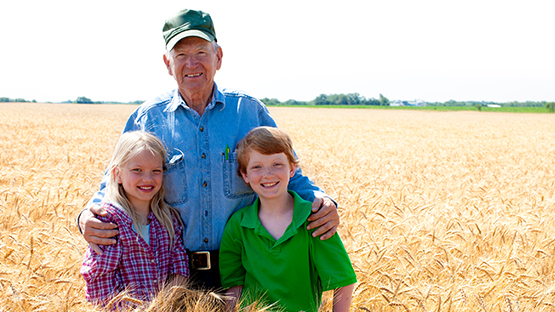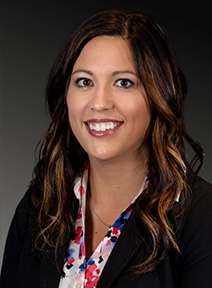
Major Points:
|
Using trusts to protect and manage assets is an age-old concept. The root word “trust” is defined as “reliance on the integrity, strength, ability, surety, etc., of a person or thing; confidence.” When using a trust in an estate plan you place your confidence in the trustee to carry out your wishes as indicated in your trust document and the trust itself to protect the assets of the trust with integrity and surety.
Revocable Living Trusts help you avoid probate on assets owned by the trust and they keep the terms in which your assets are distributed private. Irrevocable Trusts can help protect the trust assets from things like creditor issues, bankruptcy and divorce. Trusts definitely have their benefits and downfalls, but use of trusts in farm family estate planning has its own set of advantages and challenges.
One of the main reasons farm families use trusts is to pass farmland to the next generation.
With the use of trusts, you can ensure the farmland is protected from creditors if your children have financial challenges now or in the future. Additionally, you are able to set forth terms that give named individuals a right to rent or possibly purchase the land. This is especially beneficial where a farming son or daughter is involved in the operation. The terms of the trust lay the groundwork to give the farming son, daughter, or even sibling, the best opportunity to keep the farm in tact and continue building on your family legacy, yet allow the children not directly involved in farming operations to share in some of income produced by the land. There are other benefits to using a trust in your planning, but these are just a few of the most common reasons they are utilized.
There are always challenges in farming when working with an entity that lacks control and flexibility. Remember, the trustee controls the trust and has a fiduciary duty to follow the terms set forth in the trust document. This becomes especially challenging when an operating entity or all of the machinery is left to a trust and the next generation farmer is trying to conduct business as usual.
The use of trusts definitely adds another layer of complexity to a farming operation and is something that needs to be well thought out when devising your plan. Just as you want to provide for your family in the present, it is just as important to also provide a clear and stable future for them. Trust or no trust, a well-crafted estate plan is extremely important!



